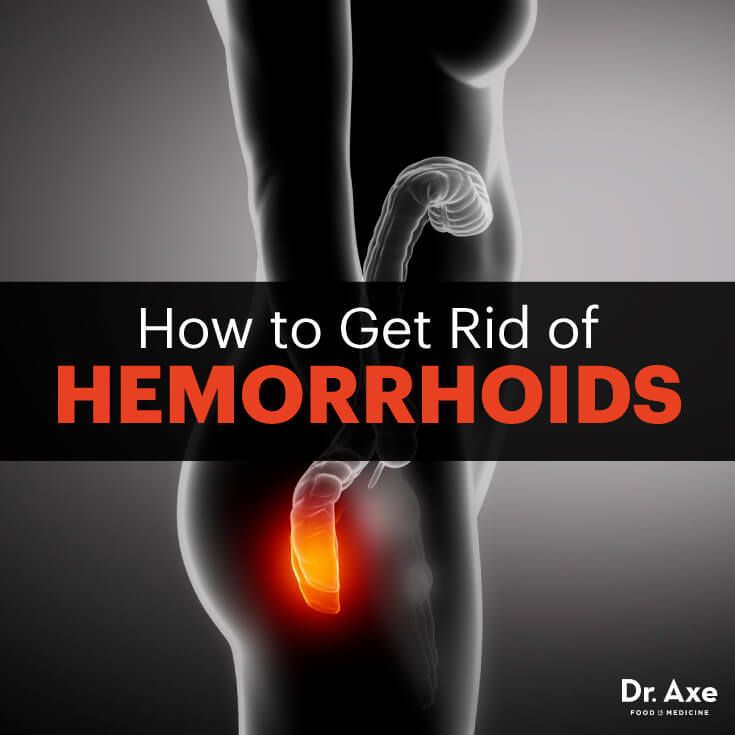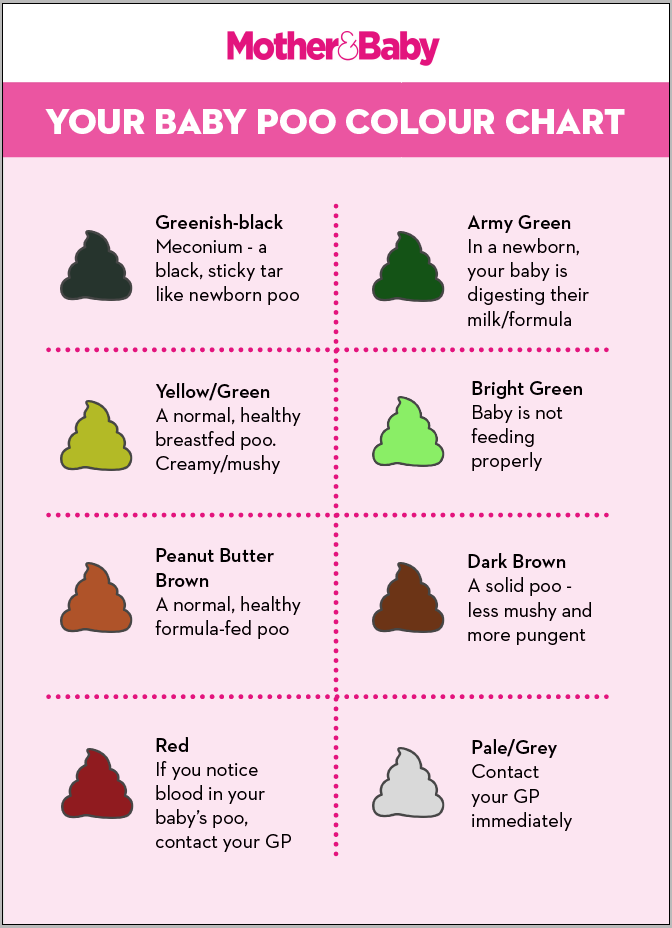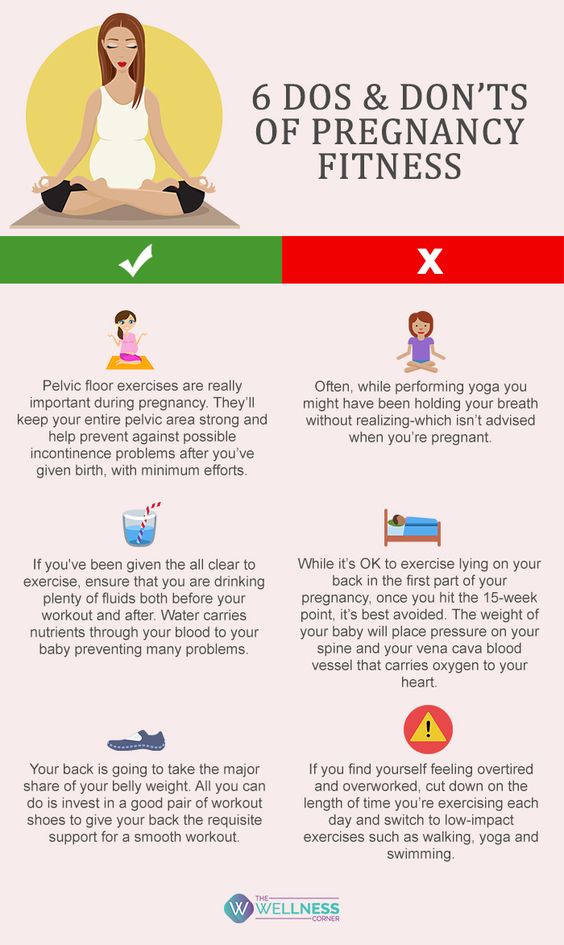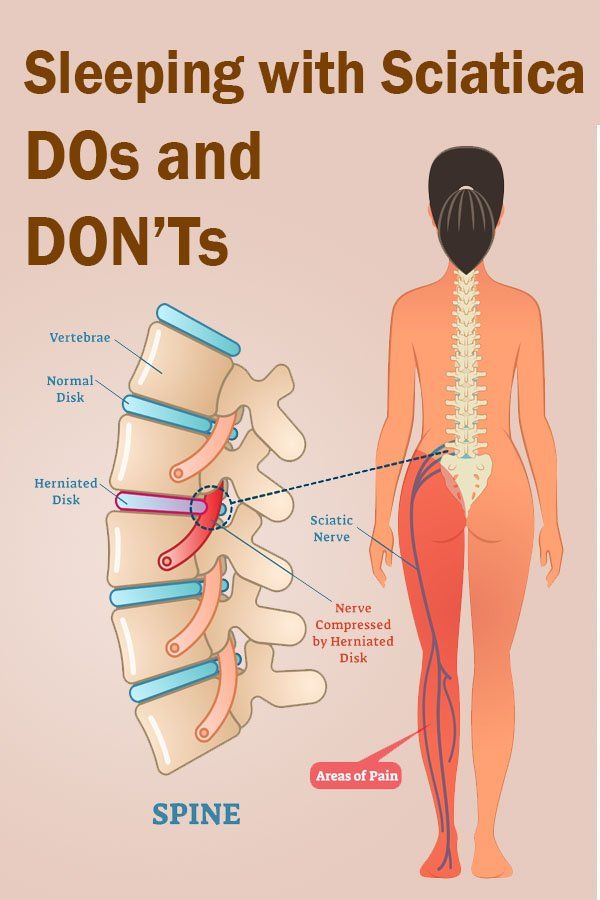How to get rid of hemorrhoids when pregnant
Dealing with hemorrhoids during pregnancy
Hemorrhoids can also result from constipation since pregnancy hormones cause your bowels slow down. When stool is hard, the extra straining to eliminate it can put pressure on veins in your rectal area, causing them to become inflamed and bulge. "On top of that, higher progesterone levels cause the walls of the veins to relax and allow them to swell more easily," says Dr. Harris.
If you had hemorrhoids before pregnancy, you're more likely to have them during pregnancy. They can also develop postpartum because of pushing during labor.
How can you prevent hemorrhoids during pregnancy?
Your body undergoes a lot of changes when you're expecting, and swelling veins can be one of them. Talk to other expectant moms during prenatal classes, share experiences or ask your instructor about natural remedies.
These steps may help you avoid hemorrhoids during pregnancy:
Avoid constipation
- Eat a high-fiber diet.
Choose from fresh avocados, beans, and other fruits and vegetables.
- Don't delay going to the bathroom when you feel the urge. Make sure you don't sit on the toilet longer than necessary because this puts pressure on your rectal area.
- If you're already constipated, ask your healthcare provider about a fiber supplement or stool softener.
- Choose a food-based prenatal vitamin. Synthetic vitamins, especially iron, can cause constipation. Food-based prenatal vitamins are more absorbable.
Keep moving
- Get regular (and safe) exercise right up to your due date — as long as your provider says it's OK.
- Do Kegel exercises. They increase circulation in the rectal area and strengthen the muscles around the anus.
- Don't sit or stand for long stretches of time. If your job involves sitting at a desk, get up and move around for a few minutes every hour or so.
Promote good habits
- Drink plenty of water and other fluids.
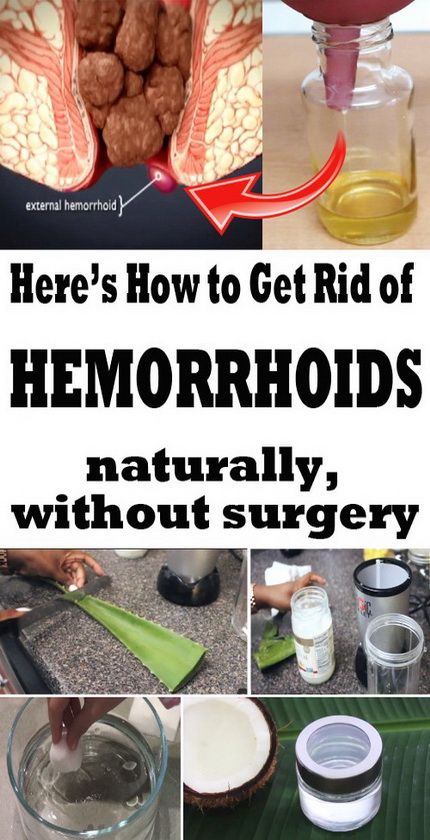 If you aren't drinking enough, your body will reabsorb water through the colon, leaving dry stool that's hard to push out.
If you aren't drinking enough, your body will reabsorb water through the colon, leaving dry stool that's hard to push out. - Lie on your side when sleeping, reading or watching TV to take the pressure off your rectal veins.
- Try not to gain more than the recommended amount of weight because the more you gain, the more pressure on the rectum.
How can you treat symptoms during pregnancy?
If you experience symptoms, try one of these remedies:
- Cold therapy can help reduce swelling and bring temporary relief. Apply an ice pack (with a covering) to the affected area.
- Soak in warm water several times a day. If you don't have a bathtub, you can buy a sitz bath. After getting out of the tub, pat the area dry.
- If sitting is uncomfortable, get a donut-shaped pillow to ease the pressure.
- Apply witch hazel pads to the area and change the pads frequently. Witch hazel has a cooling effect and helps reduce swelling.
- Baking soda – used wet or dry – can be applied topically to help alleviate itching.
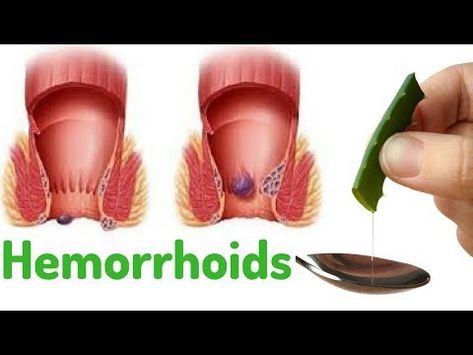
- Coconut oil can relieve pain and inflammation. So can pure aloe vera without added chemicals and fragrances, or arnica.
- Stay clean and use soft, unscented toilet tissue or unscented wipes to avoid more irritation in the affected area.
- Acupuncture can also help.
When should you see your healthcare provider?
Consult your provider if preventive efforts and home treatments don't help, or if you have severe pain or rectal bleeding. In some cases, you may need professional help shrink your hemorrhoids.
Also, always check with your provider before taking any medication for hemorrhoids while you're pregnant. There are a lot of hemorrhoid relief products available. Keep in mind that most of these products should be used for no more than a week to avoid such side effects as skin irritation or thinning.
For many women, hemorrhoid symptoms resolve after delivery. If they persist, surgical treatment might be recommended.
Hemorrhoids During Pregnancy | How to Treat Symptoms
Many of you may be eager to know how to get rid of hemorrhoids during pregnancy, which are so uncomfortable and often painful! That burning feeling every time you use the toilet is hard to ignore, but it’s a common part of childbearing. While non-pregnant individuals also experience hemorrhoids, pregnant individuals are more prone to develop them because of the changes in your body.
Some individuals manage to keep this issue at bay, while most are not very lucky and develop hemorrhoids during pregnancy. Usually, they develop during the later stage of pregnancy until after childbirth. Understanding the nature of hemorrhoids may not completely save you from it, but it will help alleviate the symptoms.
Go to top
What are Hemorrhoids?
Hemorrhoids develop when the blood vessels in the rectal area swell due to pressure on the pelvis. This pressure comes from a pregnant individual’s growing uterus. “They are like varicose veins in the legs,” says Dr.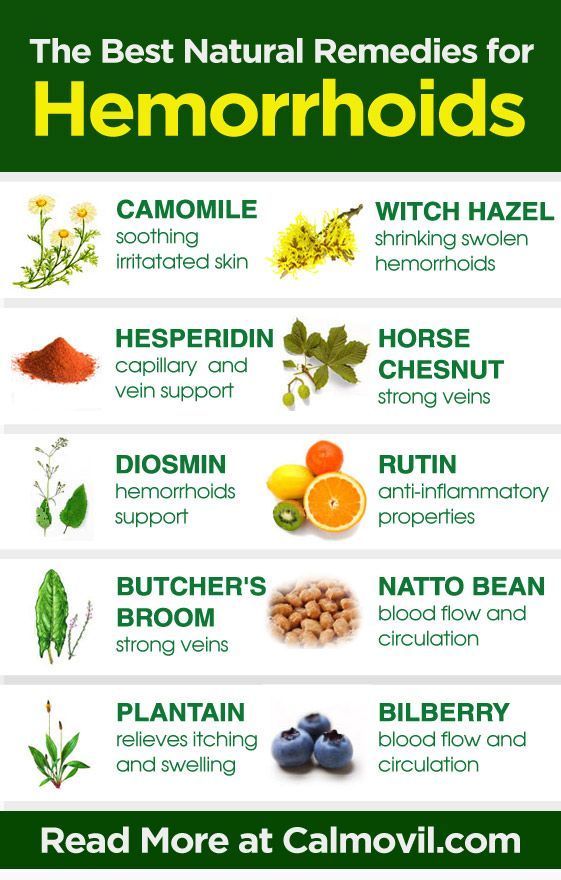 Folch-Hayek, OBGYN at Family Health Centers of San Diego (FHCSD). “They are not permanent and go away once the baby is delivered, as the congestion reduces.”
Folch-Hayek, OBGYN at Family Health Centers of San Diego (FHCSD). “They are not permanent and go away once the baby is delivered, as the congestion reduces.”
There are two types of hemorrhoids: internal and external.
Internal vs External Hemorrhoids a.k.a Thrombosed Hemorrhoid
Internal hemorrhoids develop inside the rectal area while external hemorrhoids develop outside, around the rectum’s opening. While internal hemorrhoids can go undetected with a little sensation, external hemorrhoids, also known as a thrombosed hemorrhoids, are more painful and inconvenient. Among its symptoms include:
- Painful bowel movements
- Bleeding or blood clot
- Burning sensation
- Itching
- Swelling
According to Dr. Folch-Hayek, “A thrombosed hemorrhoid is not dangerous to the baby, but it can be uncomfortable during pregnancy.”
What Causes Hemorrhoids During Pregnancy?
Several contributing factors lead to developing hemorrhoids during pregnancy.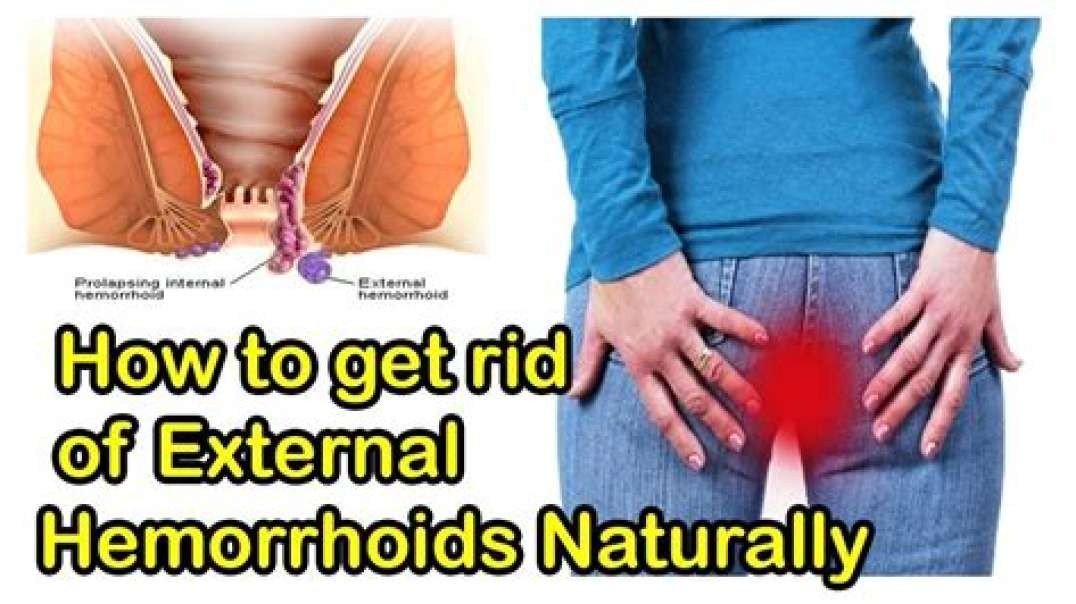 These include the following:
These include the following:
While it’s true that the food you eat can cause constipation, hemorrhoids can still develop even when you watch your diet. This is because during pregnancy, the progesterone hormone level increases, which relaxes your intestinal muscles. A relaxed intestine means a slower metabolism, and a slow metabolism can lead to constipation.
“I advise my patients to drink lots of water and always include fiber in their diet to avoid constipation. If constipation continues despite making these dietary changes, medications are indicated to avoid straining,” says Dr. Folch-Hayek. “I also advise them to make changes in their toilet habits.”
Why should pregnant individuals be mindful of their toilet habits too?
Toilet habitsCertain activities, like sitting in the toilet for an extended time, can cause hemorrhoids as well. You may be inclined to play mobile games or read while using the toilet, and time can pass by. This simple activity can lead to congestion and increases the likelihood of hemorrhoids. For this reason, it is best to limit the time you spend inside the restroom.
This simple activity can lead to congestion and increases the likelihood of hemorrhoids. For this reason, it is best to limit the time you spend inside the restroom.
One of the most likely reasons for having hemorrhoids while pregnant is poor eating habits. Not consuming enough fiber and eating lots of carbohydrates may lead to developing hemorrhoids, just like non-pregnant people do. Milk and dairy products contain high amounts of calcium, which is one cause of constipation.
To avoid this chain reaction, eat right and perform regular physical activities, even minor movements (i.e., walking, light swimming, basic exercises).
Go to top
Helpful Tips on How to Get Rid of Hemorrhoids During Pregnancy
So far, there are two major causes of hemorrhoids—weight gain and constipation. If you’re wondering how long pregnancy hemorrhoids last, Dr. Folch-Hayek OBGYN says that they start healing as soon as the cause goes away. But there are ways to get rid of hemorrhoids during pregnancy, and several things that you can do to lessen your risk or relieve the pain.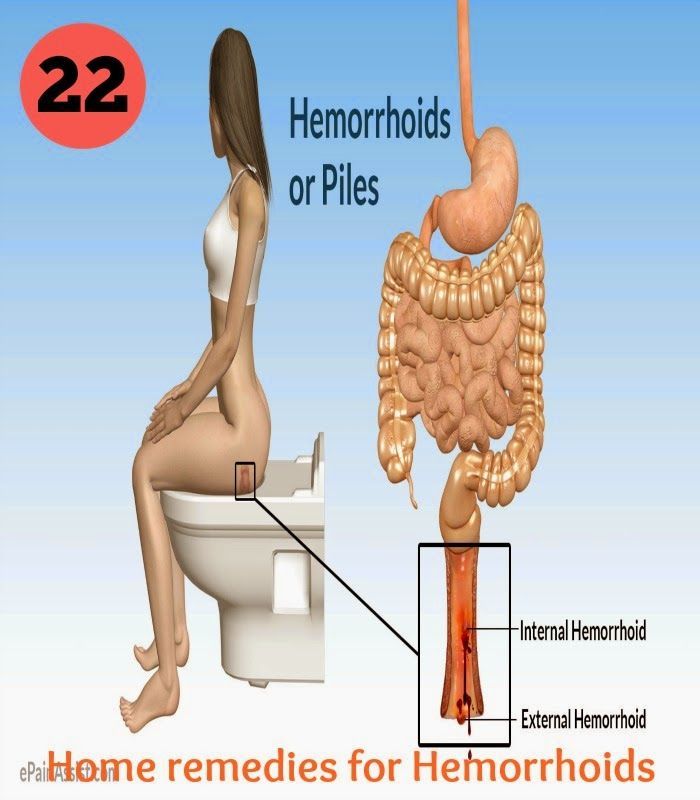
Since constipation is a primary factor for developing hemorrhoids, make sure to increase your fiber and water intake. These will help with digestion, which happens slowly during pregnancy. Exercises also help with fluid and blood circulation, as well as speed up the metabolism a little.
MedicationsIf pain is present, Tylenol will help alleviate it. Although it is perfectly safe for pregnant individuals, you should consult your primary care provider to know how to take this medication. Some topical creams that are safe for use during pregnancy may also help ease the pain and itching but, once again, ask your OBGYN for recommendations. “Usually, what we can only do during this time is pain management,” says Dr. Folch-Hayek.
Donut cushionDonut cushions may also provide relief. “They won’t necessarily treat the hemorrhoids, but they help reduce the pressure in the inflamed area and can provide pregnant individuals comfort,” suggests Dr.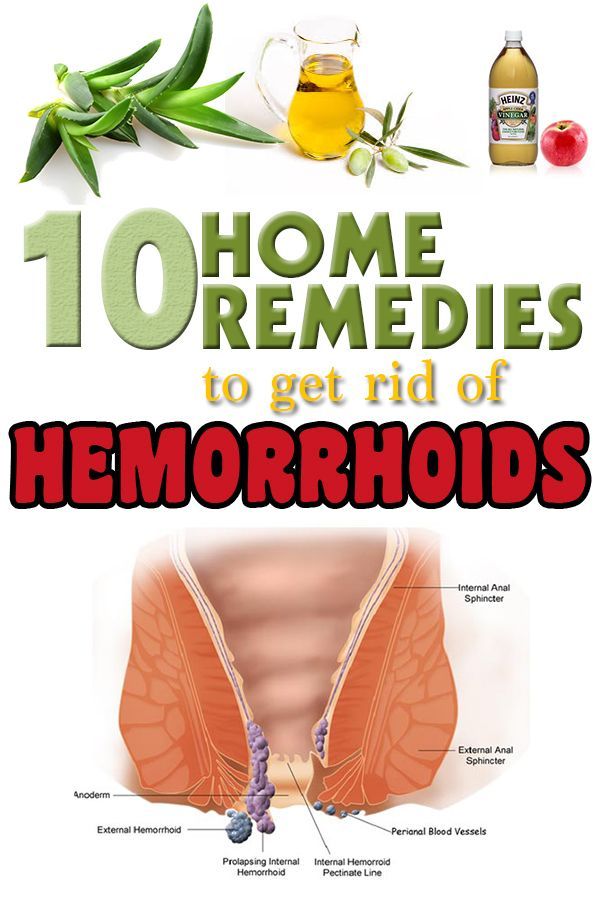 Folch-Hayek. These soft pillows can also help if you’re having discomfort after childbirth.
Folch-Hayek. These soft pillows can also help if you’re having discomfort after childbirth.
There are instances when hemorrhoids during pregnancy are not only uncomfortable but also start affecting bowel movements. In this case, a physical evaluation becomes necessary, especially if the condition persists after delivery.
Go to top
Manage Hemorrhoids During Pregnancy with the Help of a Prenatal Care Provider
Hemorrhoids are a huge inconvenience. Like you, many pregnant individuals are looking for effective ways on how to get rid of hemorrhoids during pregnancy or alleviate the symptoms. In some cases, an underlying medical condition may be the cause. It is usually easy to address such conditions, but pregnancy makes it complicated.
Pregnancy limits the medications you can take, the food you eat and the beverages you can drink. This means that you cannot use many over-the-counter reliefs without a prescription. You need the help of an OBGYN to make sure that you are making the right choices in treating conditions like hemorrhoids.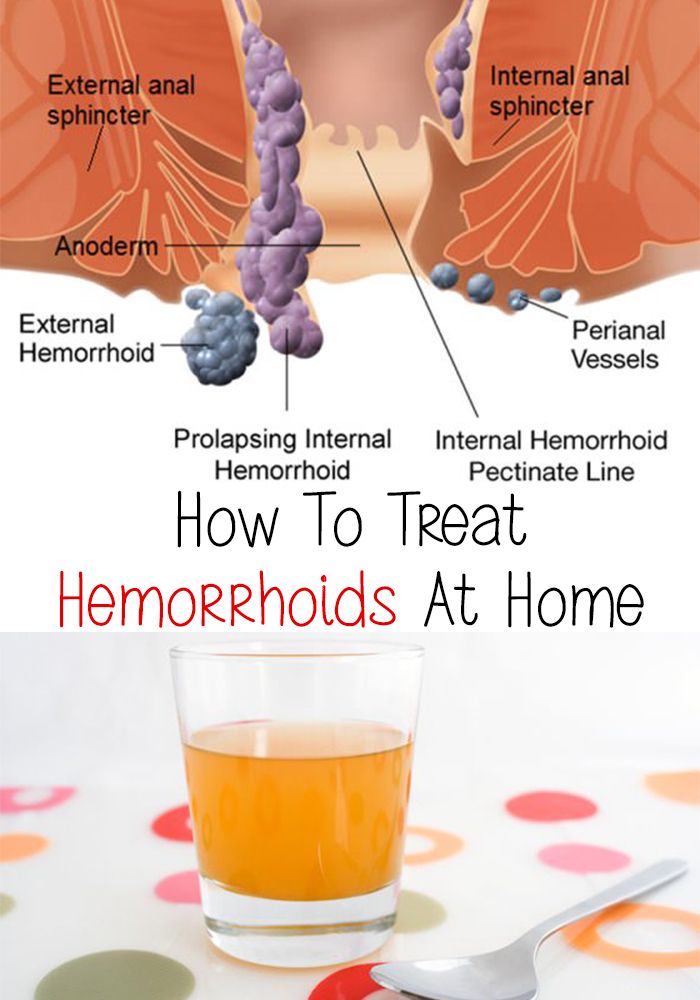
Seek a prenatal specialist. Family Health Centers of San Diego has top-notch OBGYNs, prenatal nutritionists and dietitians to help you go through pregnancy with confidence. Find the care you need at FHCSD, which offers comprehensive prenatal care packages that you can rely on 100%.
Treatment of hemorrhoids during pregnancy and after childbirth
Pregnancy and childbirth are often provoking factors for the development of hemorrhoids. Hemorrhoids (from Latin - bleeding) - a disease that occurs as a result of overflow of blood in the venous plexuses located in the anus. It is these dilated, altered veins that are called hemorrhoids.
Hemorrhoids overflow with blood due to a sedentary lifestyle, improper, irrational and irregular nutrition, as well as due to excess weight. Of great importance in the occurrence of hemorrhoids is heredity.
Congestion of blood in the veins of the small pelvis is facilitated by the use of drugs, such as oral contraceptives, antibiotics, laxatives. Of course, the abuse of alcohol and smoking has a negative impact on the state of health in the field of proctology. Some sports: equestrian, cycling, auto and motor sports, rowing, weight lifting - all this can provoke hemorrhoids.
Of course, the abuse of alcohol and smoking has a negative impact on the state of health in the field of proctology. Some sports: equestrian, cycling, auto and motor sports, rowing, weight lifting - all this can provoke hemorrhoids.
Pregnancy and childbirth also contribute to the development of hemorrhoids. Pregnancy changes a lot in a woman's life, the load on the female body increases by 2 times, and can provoke the development of hemorrhoids, and childbirth can aggravate it. According to statistics, women who have given birth suffer from hemorrhoids 5 times more often than those who have not given birth. During pregnancy and during childbirth, the enlarged uterus presses on the pelvic floor, due to which the venous plexuses fill with blood.
Also constipation, which very often accompanies pregnancy, worsens the situation. The number of pregnancies and childbirth, as well as the age of the pregnant woman affect the risk of developing hemorrhoids.
Hemorrhoids: what to do?
Unfortunately, hemorrhoids occur quite often in pregnant women. The only correct decision, if there are doubts about health in this delicate area, is to go to the doctor and start treatment. After all, hemorrhoids in a pregnant woman can disrupt the normal course of pregnancy in the later stages, as well as affect the course of childbirth and the postpartum period.
The only correct decision, if there are doubts about health in this delicate area, is to go to the doctor and start treatment. After all, hemorrhoids in a pregnant woman can disrupt the normal course of pregnancy in the later stages, as well as affect the course of childbirth and the postpartum period.
Fear and hope for "maybe" often lead to the fact that hemorrhoids pass the first stage, the health of a pregnant woman worsens, the disease progresses. Running hemorrhoids can cause anemia (a decrease in the amount of hemoglobin), diseases of the musculoskeletal system (for example, arthritis), the genitourinary system, and skin.
Manifestations of hemorrhoids resemble some other diseases of the rectum, and even oncological diseases.
According to the severity of painful manifestations, 3 degrees of severity of acute hemorrhoids in pregnant women are distinguished:
- I degree. There are small, painful nodes in the anus, accompanied by itching and burning in the anus, discharge that is not purulent.
 All these manifestations periodically pass.
All these manifestations periodically pass. - II degree. Hemorrhoids are enlarged. Pain in the anus is increasing.
- III degree. Swelling and redness growing. Large cyanotic-purple internal hemorrhoids protrude from the anus. If hemorrhoids are not treated at this stage, then the necrosis of the nodes may begin with the appearance of black areas on them. Complications of this stage can be paraproctitis (inflammation of the tissues around the rectum), infringement of a thrombosed internal node.
The effect of pregnancy and childbirth on hemorrhoids
As a rule, childbirth provokes a sharp exacerbation of hemorrhoids, even if during pregnancy this disease did not become exacerbated.
It's all about the very mechanism of labor activity: when the baby's head passes through the small pelvis, the maternal organs and tissues located in this area are squeezed, and first of all, the venous plexuses.
Hemorrhoids increase, acquire a denser consistency. During contractions, and especially attempts, the nodes may bulge, turn red or even turn blue. In other words, the very mechanism of childbirth leads to a complication of hemorrhoids, provokes the prolapse of internal nodes and even their rupture.
Prevention and treatment of hemorrhoids during pregnancy and after childbirth
First, a pregnant woman needs to get rid of constipation and improve bowel function without prolonged straining.
This requires a diet rich in fruits and vegetables. Any alcoholic drinks, salty, spicy, spicy, pickled, peppery dishes are strictly prohibited. Do not eat fatty foods, fatty meats, high-calorie dairy products and buns, you need to limit the use of onions, mustard, black bread, legumes, unripe fruits and berries. It is recommended to eat broccoli, corn, carrots, ripe apples, beets, cauliflower, potatoes, raisins, prunes, dried apricots and honey, cereals, especially barley or oatmeal.
Physiotherapy exercises are indicated for pregnant women in order to prevent hemorrhoids.
It is important to avoid hypothermia during pregnancy.
It is necessary to observe the hygiene of the anus, especially after each emptying.
Proctologists distinguish three groups of pregnant women with hemorrhoids:
- The first group - - is women in a position with asymptomatic hemorrhoids. For them, preventive measures are recommended - diet, physiotherapy exercises, walks, an anus water toilet after defecation, laxative herbs, laxatives.
- The second group - - these are women who have constipation, bleeding, pain during defecation, anal itching, that is, patients with the first or second stage of the development of the disease. As a rule, for sick women at these stages of hemorrhoids, proctologists recommend treatment with suppositories and ointments, warm sitz baths with a weak solution of potassium permanganate, herbal infusions, and drugs taken orally.

- The third group - - these are pregnant women with an advanced form of hemorrhoids, with prolapse of internal nodes and frequent exacerbations of the disease, that is, those who are subject to hospitalization and surgical treatment.
Pregnant women with these complications of hemorrhoids should be treated surgically (they undergo hemorrhoidectomy - excision of the nodes) or minimally invasive methods of treatment (minor or bloodless operations). The minimally invasive methods used in Only Clinic include sclerotherapy - the introduction of special sclerosing drugs into the node, “blinding” the walls of the node; ligation - the node is pinched with a special latex ring, which causes rejection in 7-10 days, the death of the node; infrared photocoagulation and laser coagulation (exposure to a laser or high temperature on the base of the hemorrhoid at 3-5 points; in this case, a burn occurs, which subsequently causes necrosis of the node with its subsequent falling off; the process also takes 7-10 days).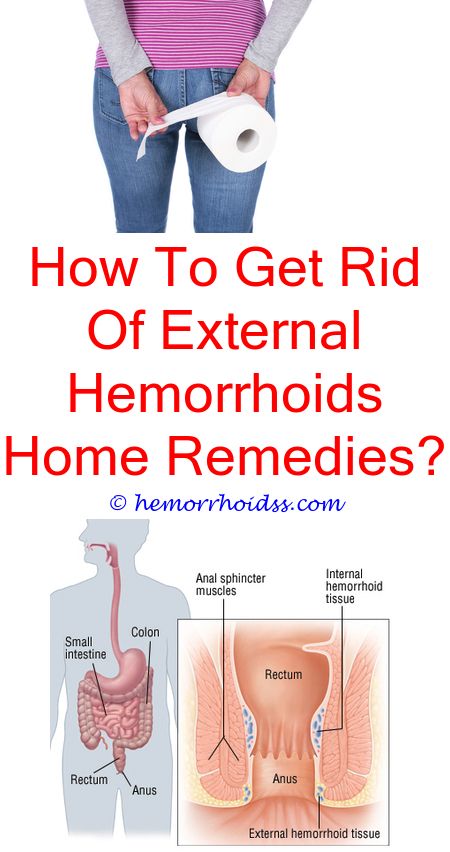
If the condition of the pregnant woman allows, then the proctologists of the Only Clinic try to postpone all these interventions for the period when the woman recovers from childbirth.
A set of exercises for hemorrhoids for pregnant women. Recommendations of doctors-proctologists of Only Clinic:
Starting position (s.p.) - standing, stretch your arms in front of you, feet shoulder-width apart. Turn the body to the right, without taking your feet off the floor, and take your right hand as far back as possible - inhale. Return to starting position - exhale, turn to the left. Repeat 5 times on each side.
- I.p. - standing, hands raised in front of you, fingers clasped into the castle. Perform body turns to the right and left, moving your arms as far back as possible. Repeat the exercise 5 times in each direction.
- I.p. - sitting on the floor, resting his hands behind. Bend your knees, while moving the heels can not be torn off the floor.
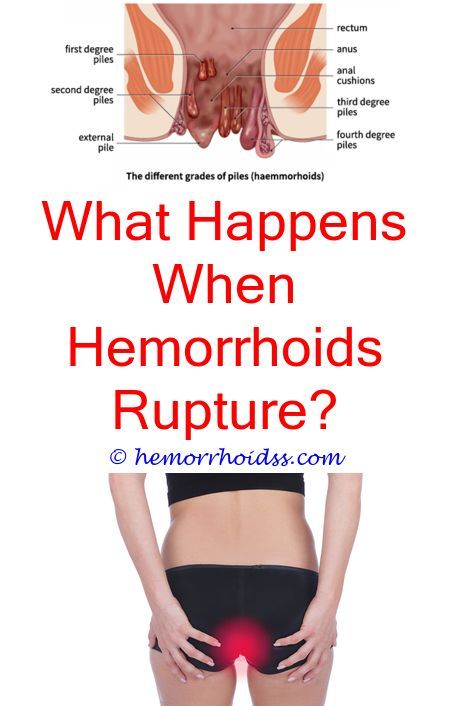 Slowly extend your legs. Repeat 5 times.
Slowly extend your legs. Repeat 5 times. - I.p. - sitting, spread your legs to the sides as much as possible, while the legs should be firmly pressed to the floor, do not bend your knees if possible. Lean forward and touch your right and left feet alternately with your hands as far as possible, then straighten up. Repeat the slopes 5-7 times (recommended for the first and second trimester only).
- I.p. - sitting in the same way as in the previous exercise, but perform tilts to the sides; the opposite hand is on the belt. Repeat 5 times in each direction (recommended for the first and second trimester only).
- I.p. - lying on your back, arms along the body. Pull the legs bent at the knees to the stomach and return to the starting position (recommended only for the first and second trimester). Repeat 7-10 times.
- I.p. - lying on the right side, the right arm is bent at the elbow and lies under the head. Bend the left leg at the knee and press it to the stomach, you can help yourself with your left hand.
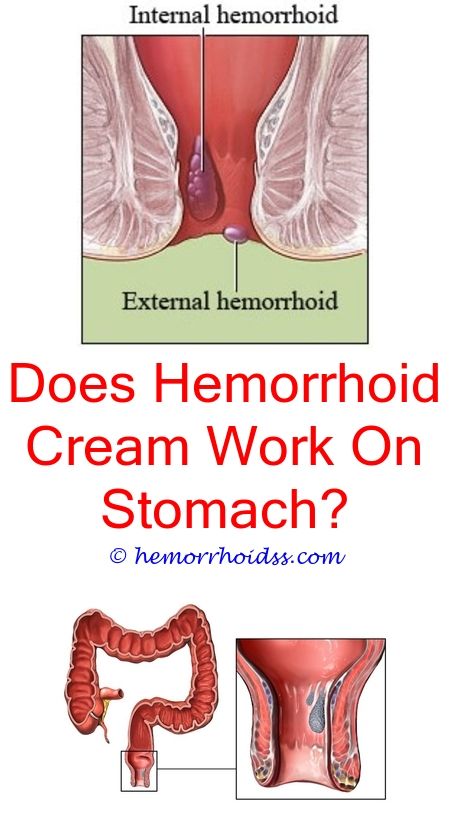 Repeat 7-10 times. Then repeat the exercise, lying on your left side (recommended only for the first and second trimester).
Repeat 7-10 times. Then repeat the exercise, lying on your left side (recommended only for the first and second trimester). - I.p. - Sitting on a chair. Extend the right arm to the side, lift the left leg, bent at the knee, forward and to the left, trying to bring it to the lateral surface of the abdomen, helping yourself with your left hand - exhale. Return to starting position - inhale. Repeat for both legs 5 times. Recommended for third trimester.
Careful attitude to one's health, timely access to a doctor, examination, correct diagnosis and timely treatment will help to avoid or minimize hemorrhoidal problems.
Treatment of hemorrhoids during pregnancy | Articles of the medical center "SM-Clinic"
Hemorrhoids - a disease associated with inflammation and pathological expansion of the hemorrhoidal veins that form nodes around the rectum. This is a very common disease, its cause is usually venous blood stagnation in the lower body and legs.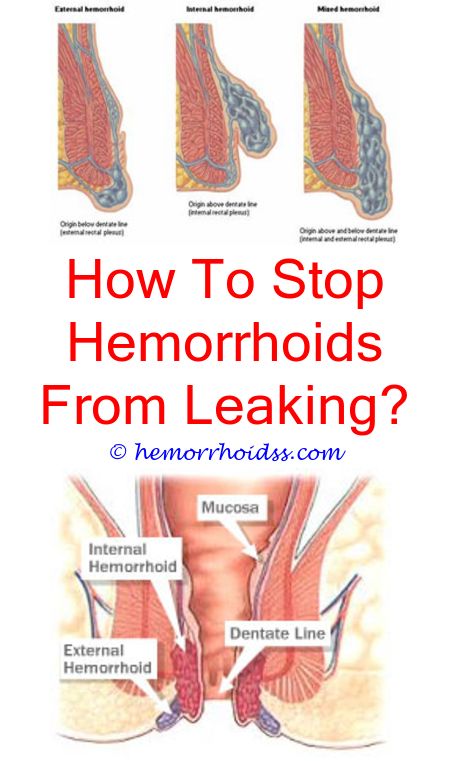
The development of hemorrhoids takes place gradually - in the initial stage, there is heaviness and itching in the anus, pain, constipation, later - bleeding, sagging and prolapse of elastic hemorrhoids.
Factors that cause hemorrhoids are a sedentary lifestyle, unhealthy diet, obesity, alcohol abuse, cirrhosis of the liver of life.
This disease often accompanies pregnancy - about half of women who are expecting a child suffer from it. The main reasons for pregnant women are the pressure of the growing uterus on the lower abdomen, which compresses the veins, and constipation due to low intestinal motility.
In healthy women, hemorrhoids can develop in the second half of pregnancy, but if there is a hereditary predisposition, or the symptoms of hemorrhoids were manifested before pregnancy, then hemorrhoids can develop at an earlier date - already from the 12th week.
Symptoms of hemorrhoids during pregnancy
Hemorrhoids during pregnancy can occur in two forms:
- acute;
- chronic.
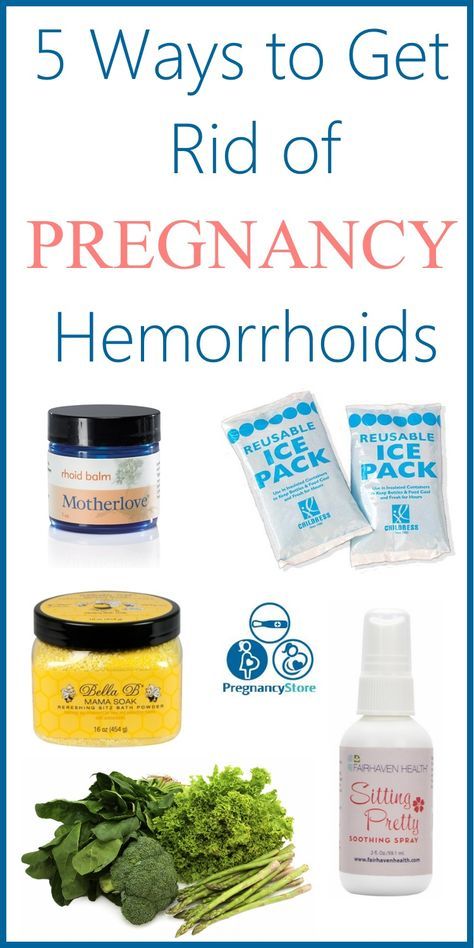
The acute form is characterized by the sudden formation of a blood clot in the veins of the rectum, which causes burning pain, especially after the defecation process. Dense external nodes are formed, the diameter of which can reach 2-3 cm, the skin under them swells and turns red.
After 5-10 days, the acute form becomes chronic - the nodes soften and swell only when straining. The process is accompanied by discomfort in the anus and itching.
Blood appears in the fecal masses, sometimes in fairly large quantities, hemorrhoids can fall out of the anus, self-adjusting after some time. There may be no pain, there may be a feeling of incomplete emptying of the intestine, discomfort, bloating. Walking and sitting become painful.
Treatment of hemorrhoids during pregnancy
The main methods of treatment of non-acute hemorrhoids during pregnancy are strict adherence to diet and hygiene rules. The diet prescribed by a dietitian should help avoid constipation and regulate bowel movements - dried fruits, nuts, cereals, and sour-milk products are recommended for this.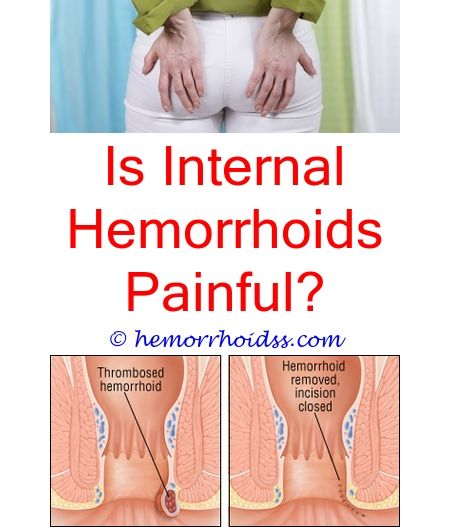 Spicy foods, rich products, strong tea should be excluded.
Spicy foods, rich products, strong tea should be excluded.
For hygiene procedures, it is recommended to use wet toilet paper, wash the anus after defecation. If external nodes occur, you can take baths with a weak solution of chamomile or potassium permanganate.
To reduce blood stasis, it is necessary to perform preventive gymnastics - its main exercises should be aimed at stimulating the muscles of the pelvis, anus and legs. In addition, it is necessary to adjust the daily routine - to take walks, combining them with moderate rest and sleep.
If these measures do not bring the desired result, it is possible to use medicines - suppositories, ointments, creams. However, it is worth remembering that any drug treatment must be agreed with the gynecologist - during pregnancy, self-medication and the use of drugs without a prescription is unacceptable.
If conservative treatment is ineffective, surgery may be required, but usually during gestation it is performed only in extreme cases, with careful monitoring of the proctologist and surgeon.